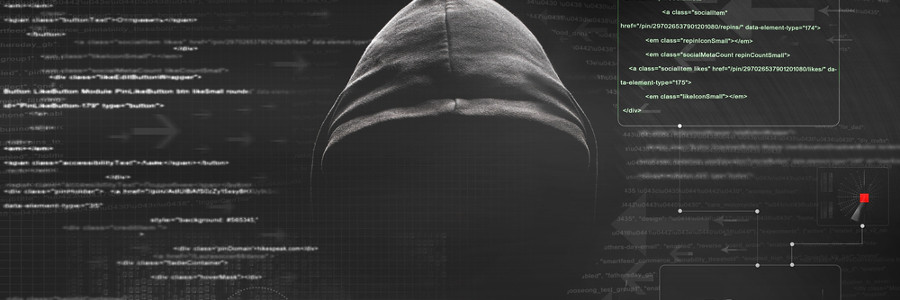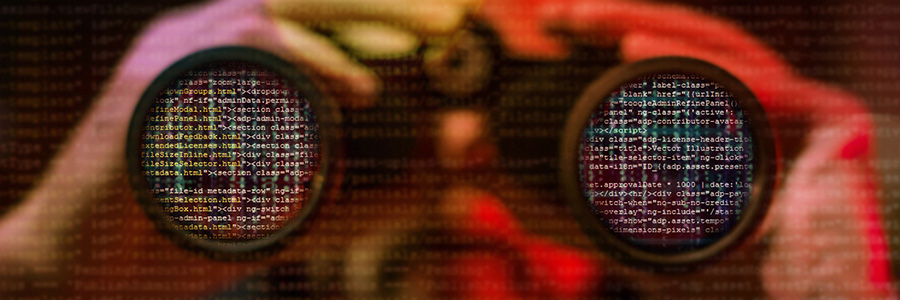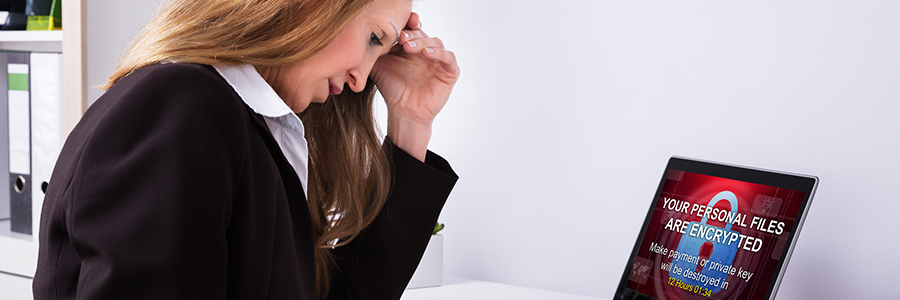"Know thine enemy" — it means to get to know them and their motives. In this blog, we take a close look at the five types of dangerous hackers, what their motives are, and how they operate.
Script Kiddies
In terms of skill, script kiddies (or skids, for short) are at the bottom of the hacker totem pole.
Defend Your Dental Practice from these 5 Types of Hackers











